Intel has removed eccentric programmer and former fugitive John McAfee’s name from the eponymous security company it bought for $7.6 billion in 2010.
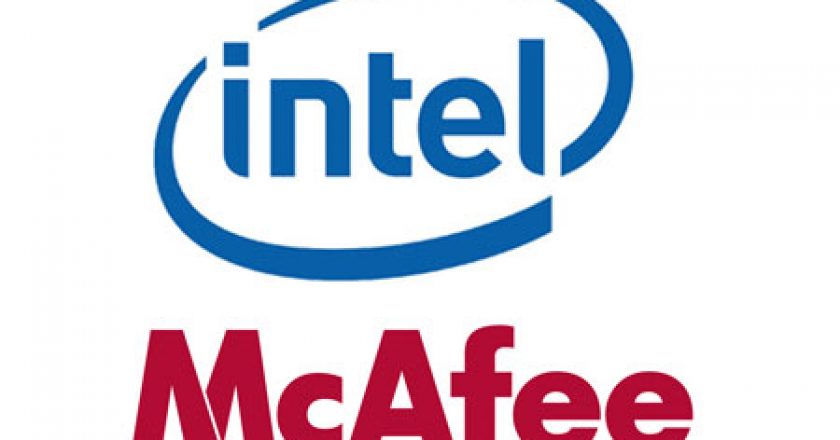

Intel has removed eccentric programmer and former fugitive John McAfee’s name from the eponymous security company it bought for $7.6 billion in 2010.
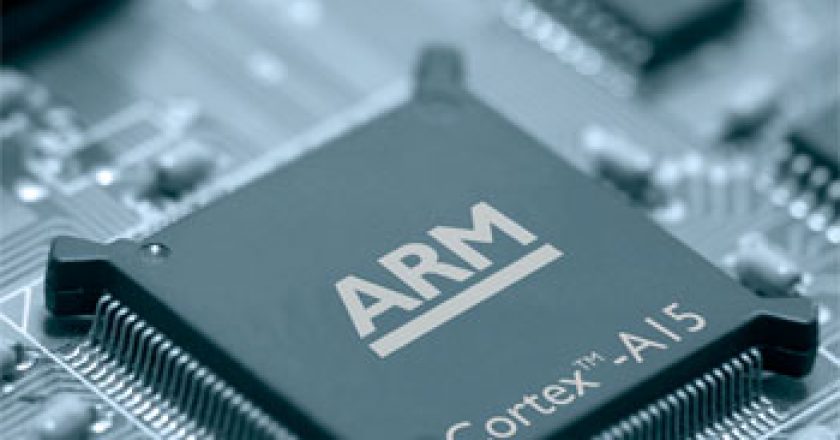
Qualcomm’s CEO said his company has the capabilities to build ARM server chips but was careful not to disclose any product plans at the International CES in Las Vegas.
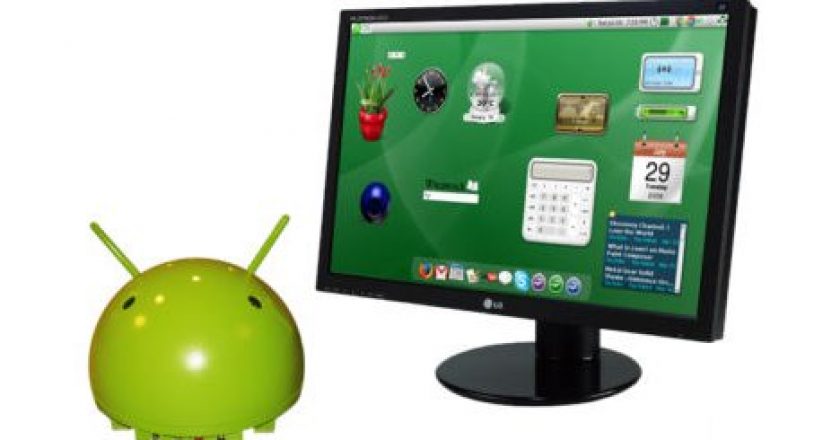
More PC makers are bringing Android to desktops as users increasingly turn to the Internet for apps, storage and entertainment.
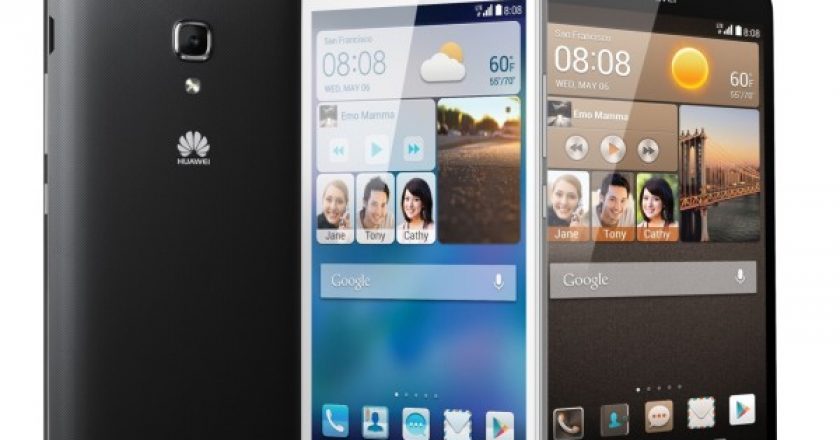
Huawei has revealed its Ascend Mate2 4G smartphone at CES 2014.

Moore’s Law created a stable era for technology, and now that era is nearing its end. But it may be a blessing to say goodbye to a rule that’s driven the semiconductor industry since the 1960s.
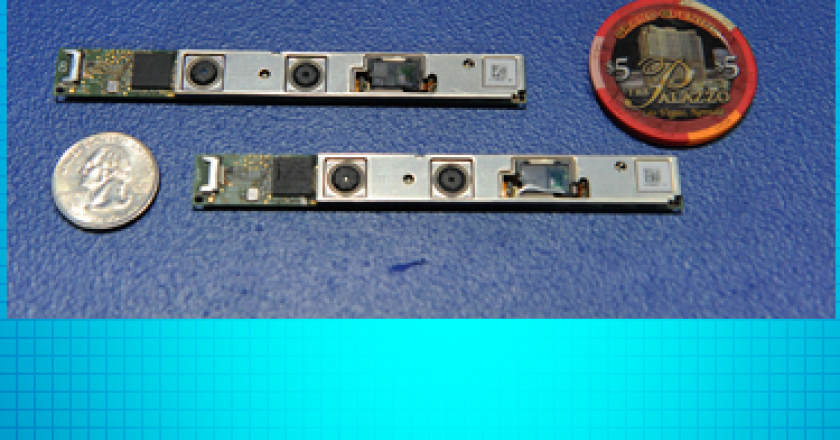
It’s official: The notebook computer can now see as well as take your picture. Meet the Intel RealSense 3D camera.
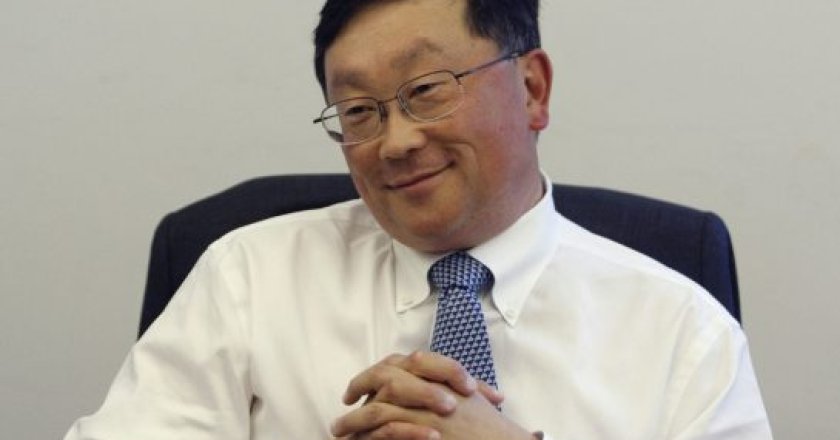
Recently-installed BlackBerry CEO John Chen is on a mission to revive the ailing company to financial health, largely by restoring faith in BlackBerry among corporate CIO’s and other traditional enterprise customers.
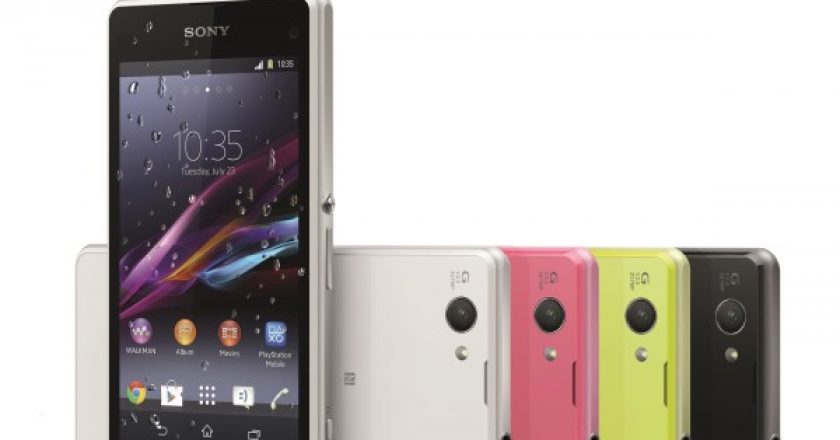
Sony Mobile has launched its waterproof Xperi Z1 Compact smartphone at CES.
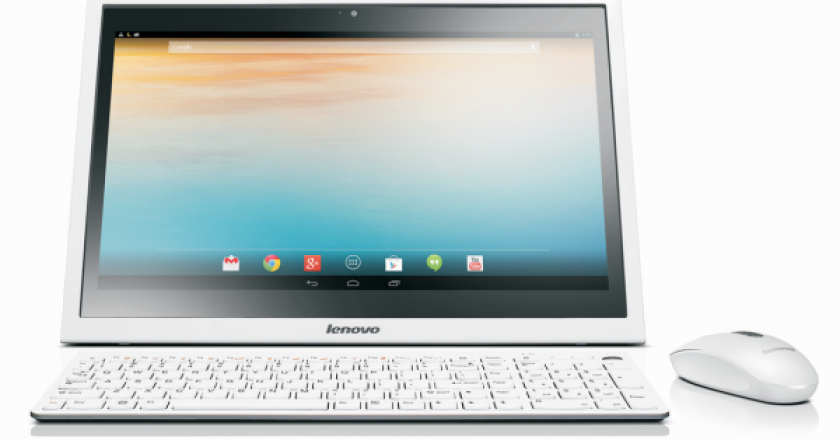
Lenovo has announced several new desktop PCs at CES, and in a move that’s sure to give Microsoft heartburn, one of these new machines is an all-in-one that runs the Android operating system, not Windows.
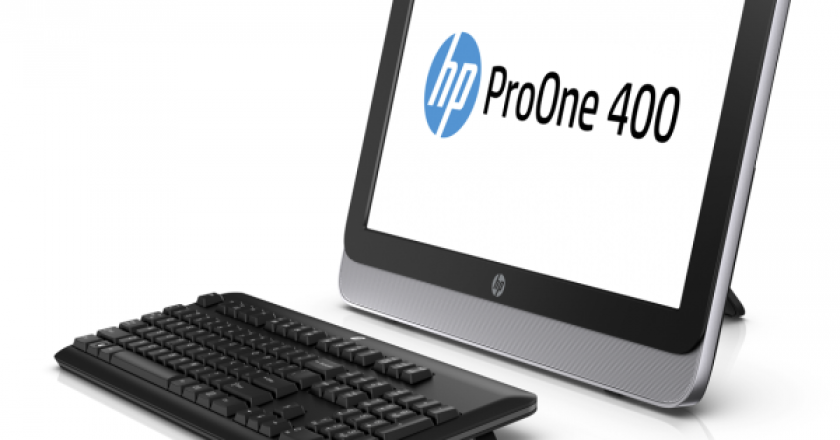
It seems like a bit of a disconnect for HP to announce new commercial PCs at a trade show focused on consumer electronics, but HP -which didn’t book exhibit space at this year’s CES – is wise not to waste the opportunity.
GET TAHAWULTECH.COM IN YOUR INBOX